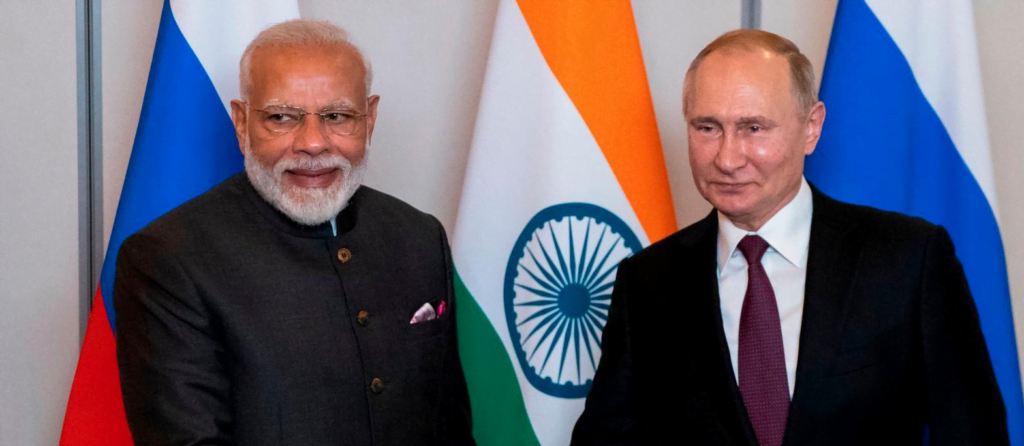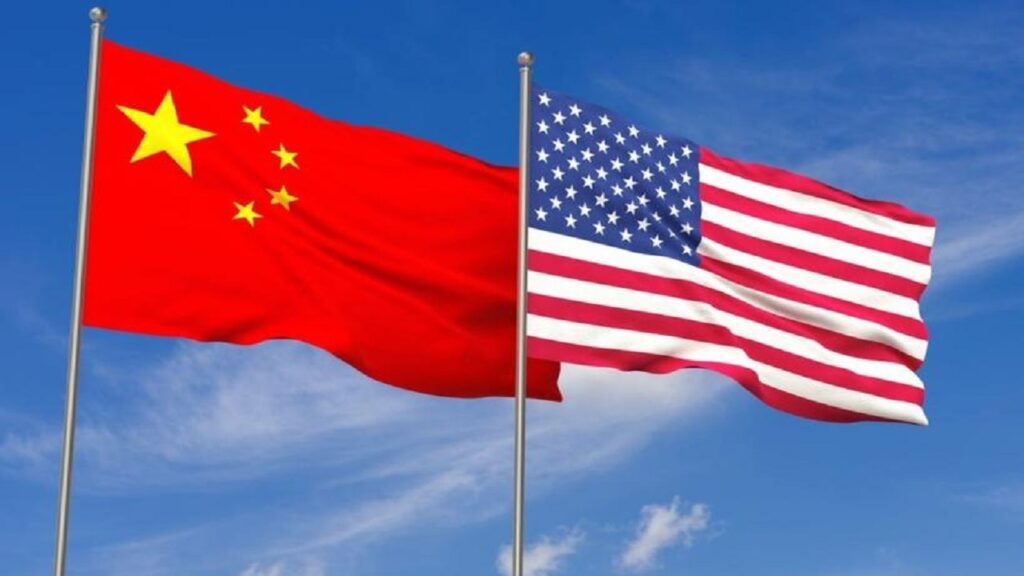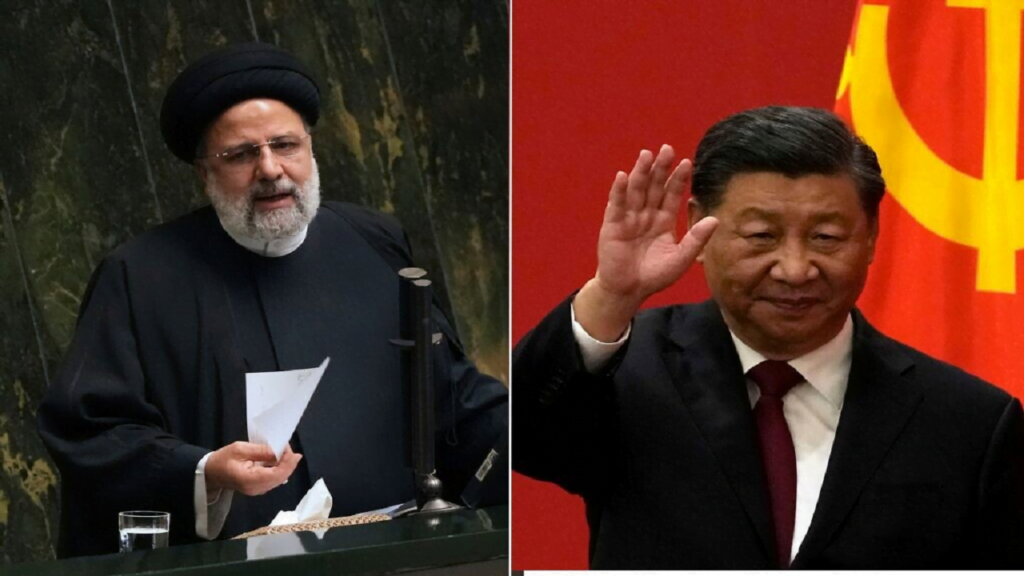World News
In a move that has sparked widespread controversy both domestically and internationally, former President Donald J. Trump signed a proclamation restricting foreign students from attending Harvard University, citing national security concerns. The proclamation, announced at a press briefing held at Mar-a-Lago, marks a dramatic policy stance that critics say could have far-reaching implications for international education in the United States.
The proclamation explicitly limits visas for newly admitted international students intending to enroll at Harvard, claiming the Ivy League institution poses a “significant risk for intellectual property theft and foreign influence.” Trump argued that certain foreign students, particularly from nations with strategic rivalries with the United States could exploit elite academic institutions to gain access to sensitive research and technological knowledge.

“Harvard has long been a magnet for the best and brightest around the world,” Trump said. “But we cannot allow our universities to be breeding grounds for foreign espionage and the theft of American innovation.”
The proclamation specifically targets students in STEM (Science, Technology, Engineering, and Mathematics) fields, many of whom conduct cutting-edge research. While no specific country was named in the text of the order, administration officials informally indicated that the policy is aimed primarily at students from China, Iran, and Russia.

Backlash from Academia and Lawmakers
Harvard University quickly issued a public response, condemning the proclamation as discriminatory and counterproductive. This decision undermines the very principles of academic freedom, global cooperation, and intellectual diversity that make Harvard and American higher education strong, said Harvard President Claudine Gay in a written statement. We will explore all legal avenues to challenge and reverse this directive.
Lawmakers from both parties expressed concern, though responses varied. Some Republican officials praised the move as a step toward protecting American interests. Others, including several Senate Democrats and moderate Republicans, warned that the policy would damage the U.S. reputation as a leader in global education.
This is an overreach that hurts not just Harvard, but the entire U.S. educational system, said Senator Lisa Murkowski. We benefit immensely from international students who contribute economically, intellectually, and culturally.
International Reaction and Legal Challenges
Foreign governments and student advocacy groups quickly denounced the proclamation. The Chinese Ministry of Foreign Affairs called the action naked discrimination under the guise of national security and urged the U.S. to reconsider.
Legal experts predict swift court challenges on constitutional and administrative grounds. Immigration attorneys argue that the policy lacks a clear legal framework and may violate equal protection principles.
Meanwhile, student groups both in the U.S. and abroad have begun organizing protests, arguing that the proclamation targets students unfairly and politicizes education.
Looking Ahead
While it remains unclear how courts will rule on the legality of the proclamation, the political and cultural impact is already being felt. As Harvard explores its legal options and universities nationwide brace for potential ripple effects, this bold move could redefine the landscape of international education in the United States for years to come.





